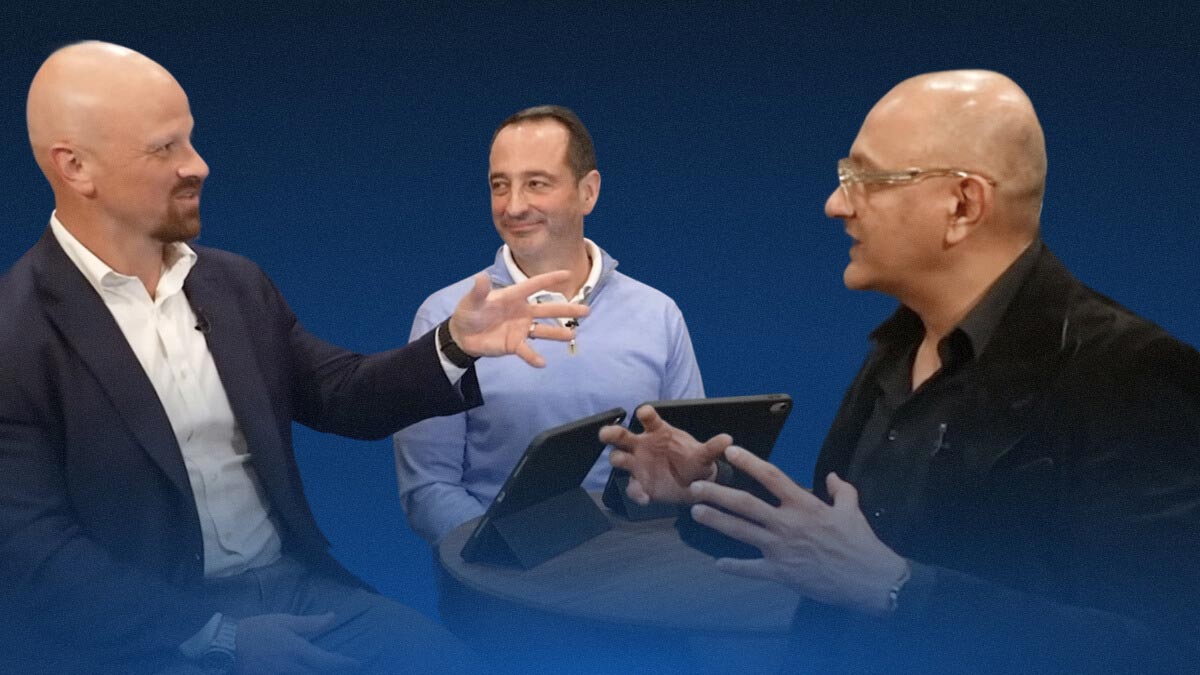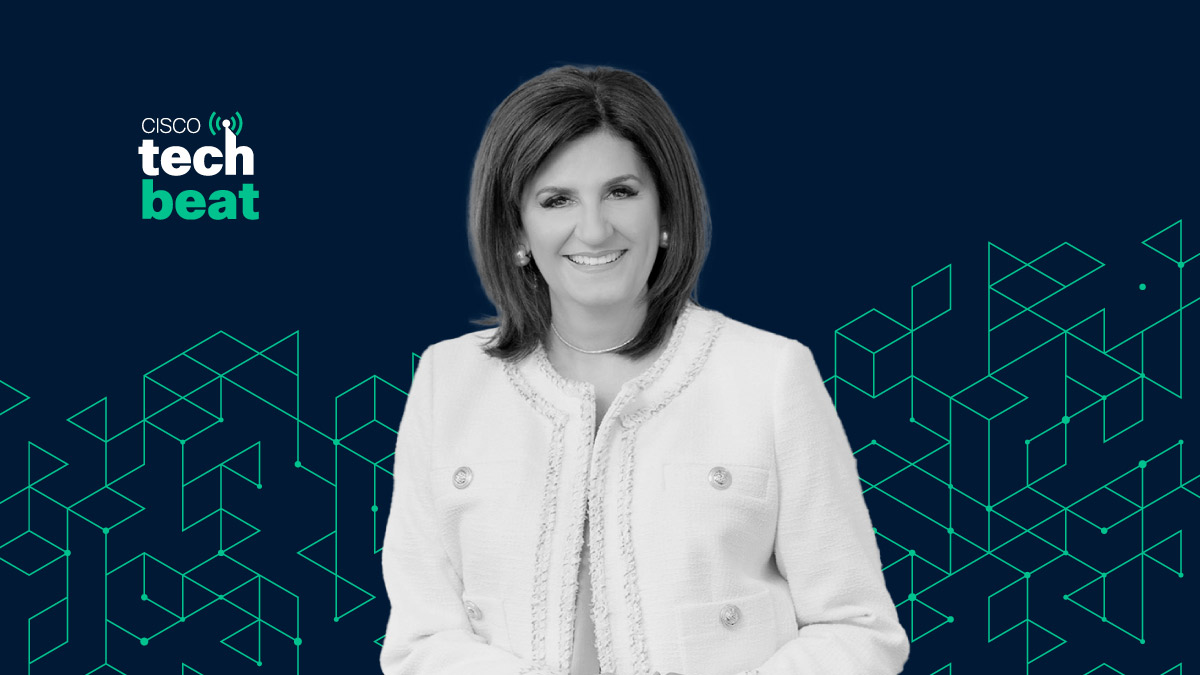SAN JOSE, Calif., April 18, 2005 - Cisco Systems ® today introduced the Cisco XR 12000 Series routers, which represents the combination of the Cisco Internetworking Operating System (IOS) XR software with the proven market-leading capabilities of the Cisco 12000 Series routers. This extends the Cisco Internet Protocol Next-Generation Network (IP NGN) strategy that fosters network convergence and extends investment protection for service providers.
As with the Cisco CRS-1 Carrier Routing System, the Cisco XR 12000 Series is powered by Cisco IOS XR software, the industry's first fully modular, self-healing operating system designed specifically for carrier-class routing platforms that can scale and distribute processing. Cisco IOS XR software allows customers unmatched flexibility in terms of adding new features or patches via In Service Software Upgrades (ISSU), built-in reliability, and uptime.
BellSouth Corporation, a Fortune 100 communications company headquartered in Atlanta, Georgia and a parent company of Cingular Wireless, is currently evaluating the Cisco XR 12000.
"The modular design of the software in the Cisco XR 12000 could enhance our ability to maintain service levels and performance," said Mike Duckett, research director - BellSouth Science and Technology. "We are pleased with Cisco's plans to make the Cisco XR 12000 carrier class. This redesign, we believe, is critical to reducing the risk of feature introduction and increasing scalability and reliability."
Another customer who is experiencing the benefits of IOS XR and the Cisco XR 12000 is the China Education and Research Network (CERNET). As the first nationwide education and research computer network in China, CERNET's goal is to deliver next-generation Internet applications that support more than 900 education and research institutions worldwide.
"As such, we have asked our router vendors for a fully modular software architecture that enables each routing protocol and other applications to run independently from one another," said Professor Li, Chief Technology Officer of CERNET. "For two months we have run the Cisco XR 12000 with IOS XR in our live network and we are pleased with the results demonstrated during this deployment."
KDDI Labs, the research and development subsidiary of KDDI Corporation, has also been testing the Cisco XR 12000 in its lab.
"KDDI is planning to build a ubiquitous network for broadband and narrowband and as such network reliability is critical," said Dr.Tomohiro Otani, senior research engineer at KDDI Labs. "In our evaluation of the IOS XR software on the Cisco 12000 platform, Cisco demonstrated great progress towards a cross platform, next-generation software architecture that gives IP networking utility-like simplicity and reliability."
Offering key features such as secure virtualization, continuous system operation, and multiservice scale, the Cisco XR 12000 provides intelligent routing solutions scaling from 2.5 gigabits-per-second (gpbs) to nX 10 gbps per slot. With its unique ServiceFlex design and Service Separation Architecture, the Cisco XR 12000 Series allows service providers to isolate public and private services through the secure virtualization of a single router into separate physical and logical routing domains.
Continuous system operation is based on the self-healing and self-defending capabilities of the IOS XR software, which is designed for always-on operation while scaling capacity and adding new services or features. And with distributed processing intelligence and robust quality of service and multicast mechanisms, the Cisco XR 12000 Series allows providers to scale service attach points like FR/ATM, L2/L3 VPN and customer attach points such as queues and access control lists, while simultaneously scaling performance. Also, Cisco's new Interface Flexibility (I-Flex) design for Shared Port Adapters (SPAs) and SPA Interface Processors (SIPs) provides broad interface options for the Cisco XR 12000 Series.
DFN (Deutsches Forschungsnetz), Germany's national research and education network that provides high-performance infrastructure for the German educational and research communities, has been evaluating the Cisco XR 12000.
"The modular design of the software in the Cisco XR 12000 dramatically enhances our ability to maintain service levels and performance," said Hubert Waibel, head of the Network Operating Center at DFN. "We are pleased with the progress Cisco is making to continually respond to our needs and add important features and capabilities that we can implement while maintaining high performance and complete stability."
Another research network, New York's NYSERNet is also evaluating the Cisco XR 12000 for its advanced-networking functionality.
"As a provider of next-generation Internet services for New York State's research and education community, NYSERNet is constantly looking towards the future of networking hardware, software and features," said Bill Owens, director of Advanced Technology and Networking. "We typically track the latest versions of IOS in our network and exercise its most advanced capabilities, so we're excited to be working with IOS XR, since it is the new path for IOS development."
Cisco is providing a full toolkit of conversion tools, product literature, training, as well as commercial upgrade kits to assist customers who wish to migrate now or over the next few years to the Cisco XR 12000 Series. This provides investment protection and a seamless transition for more than 25,000 Cisco 12000 routers deployed globally.
Pricing and Availability
The Cisco XR 12000 Series is expected to be available in June 2005. The base configuration for the Cisco XR 12000 starts at a list price of $45,500. Upgrade options for the Cisco 12000 routers start at a list price of $12,500. More information on the Cisco XR 12000 Series and the Cisco IP NGN solutions is available at http://www.cisco.com/go/ipngn.



